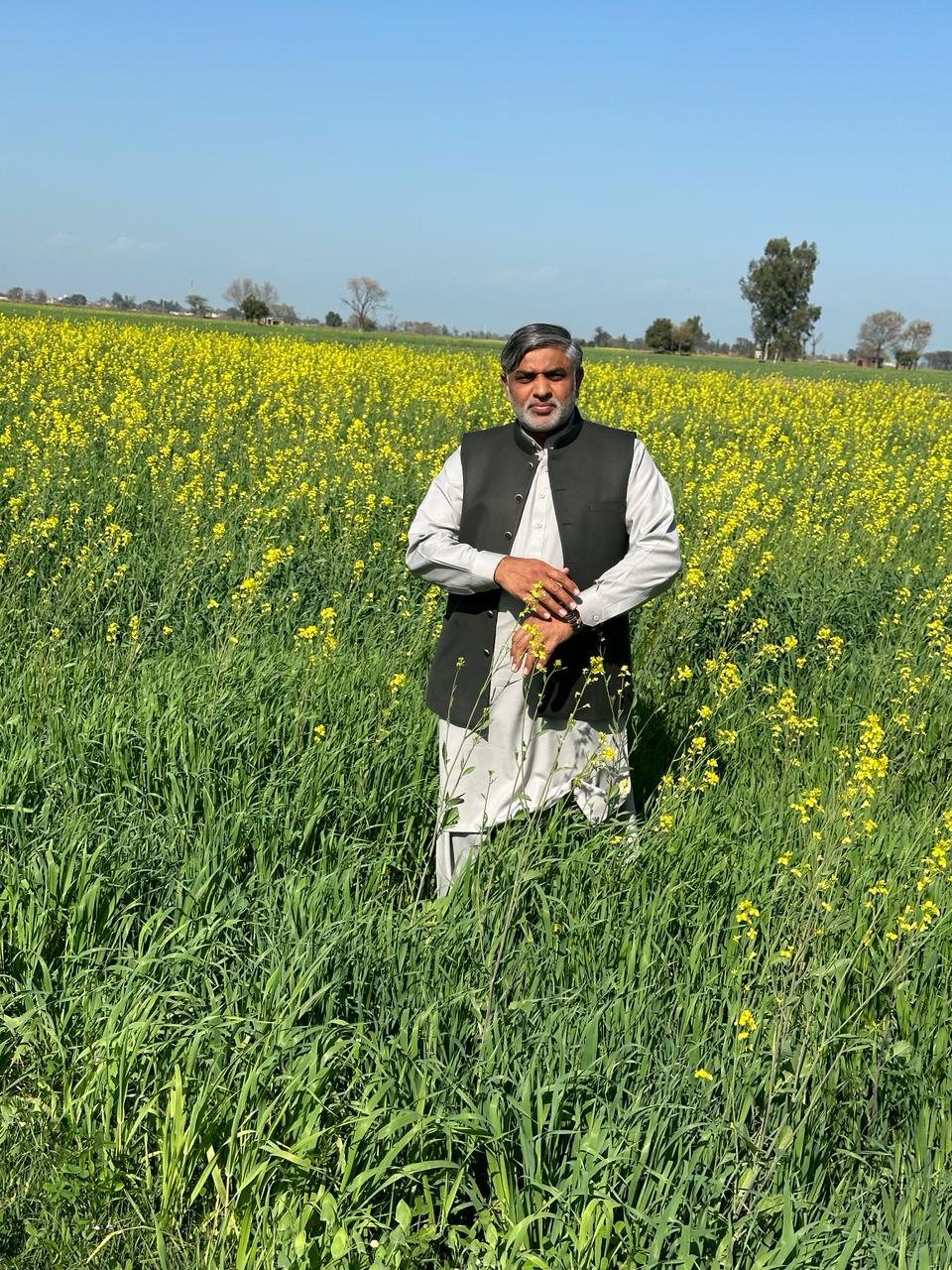Today is Pakistan Day, March 23, 1940. It’s the day when the Muslims of the subcontinent made a historic decision in Lahore, expressing their resolve to have a separate homeland. Their determined resolve and sincere efforts culminated in the creation of Pakistan on August 14, 1947, fulfilling their aspirations for a free and independent country where they
could live according to their own beliefs and practices. This day signifies a monumental achievement, showcasing the unwavering dedication of the people and the leadership of Quaid-e-Azam Muhammad Ali Jinnah and Allama Iqbal. Pakistan emerged as a sovereign nation where its citizens could lead their lives and practice their faith freely.
In reflecting upon the past 76 years, it becomes evident that while we have achieved independence, we still have responsibilities to fulfill. We must assess whether we have met the expectations of the world, our nation, and the leadership. It is crucial to
acknowledge that our accountability extends beyond mere celebration; it involves a deeper evaluation of our progress and shortcomings.
The significance of agriculture cannot be denied, as it is the cornerstone of our existence. We are fortunate to inherit a fertile land where agriculture thrives. However, despite our agricultural potential, we continue to import machinery, seeds, pesticides, and fertilizers. Moreover, our agricultural practices lack modernization, leading to inefficiencies and corruption. Without proper management and utilization of resources, our agricultural
sector cannot contribute significantly to our economy or compete globally.
Today, as we commemorate Pakistan Day, we must reflect on our achievements and
failures over the past 76 years. It’s time to reassess our priorities and establish institutions for research and development in agriculture. We need to ensure that our farmers have access to modern technology, quality seeds, and effective pesticides. Our real heroes are
the farmers who tirelessly work to feed the nation, but we have failed to provide them with the necessary support and infrastructure. It’s imperative that we empower our agricultural sector to drive economic growth and enhance our global standing.We have the potential to transform our agricultural landscape and become self-sufficient in food production. However, this requires a concerted effort from government institutions, policymakers, and stakeholders. Let us pledge to work together to build a prosperous and
sustainable future for Pakistan
Today, we have resources at our disposal, investment avenues are available, research facilities for seeds and fertilizers exist, and there’s an agricultural extension department.
Similarly, the corporate sector, which deals with pesticides and fertilizers, is significant. They are playing their part in seed production, but in the past 76 years, there hasn’t been
any collaboration between them, whether it’s research facilities for investments or seeds, or facilities for pesticide research, they are operating independently but not yielding desired results. Their research is limited to papers and lacks practical implementation. Similarly, companies involved in pesticide production are not benefiting from research
conducted by research facilities. Instead, they are importing pesticides to run their businesses. Similarly, the fertilizer industry has remained stagnant since Pakistan’s inception, and they are also not benefiting from research. The research findings are not
reaching the farmers.Today, we need to make efforts to bring back all these institutions on track. Policies need
to be formulated in a way that benefits commercial entities from research institutions, and vice versa. Commercial organizations should invest in research, while research institutions should ensure that their research benefits commercial entities. Until we work on such collaborative foundations, our country and agriculture won’t progress. We need
to realize that not only the past, but also the present requires us to take decisive steps towards development.
Today, we are brainstorming and evaluating our policies to determine how we can progress. We need to connect our research institutions, corporate sector, and commissioning bodies to eliminate gaps and enhance collaboration among them. This will help us in improving our policies and streamlining our progress towards development. We need to focus on improving the quality of our food grains and develop export policies
that prioritize value addition to our food products. This will enhance the competitiveness of our exports and maximize their value in the international market. Until we elevate the quality of our grains, improve their adherence to international standards, and add value
to them, the livelihoods of our farmers cannot improve. Today, we cannot compete
globally with our grains at the current level of quality or add value to them. We need to become indispensable to the world until otherwise we will lack respect globally. We must restore our dignity, respect those engaged in agriculture, seek their guidance, and strive
to improve both our national and farmers’ economies. The essence of today’s message
is that we must work hard and improve our pace. InshaAllah, we will achieve this

